There are two terms you will often hear in the FOSS world, you might think they mean the same thing but you they do not.
Free as in beer and Free as in speech/freedom.
They sound like they are saying the same thing but they really don't.
Free as in beer, is getting something without payment. That is all it really means, you could try to find a deeper meaning in it, but you would be hard pressed to find one. This is what it means in the FOSS world too, if some one says 'Try Ubuntu, its free as in beer', they just mean it doesn't have a monetary cost. I chose these words very carefully too, it might not have a monetary cost, but it does cost you something. It will cost you your time while you learn it, it could even cost you your sanity, cause it might not be easy to use or to get use to. It will eventually cost you something, but it is still free of payment.
Free as in speech/freedom. This one is a bit more abstract than the one before it, you could spend hours finding deeper meaning in this one. In the United States, our founders decided that Free Speech was a inalienable right (meaning it isn't something that is given to us, its inherit/natural state. you just have it. Trying to take it away, would be like cutting off your arm or removing an eye, it is often why many american's do not see the "free speech" in other countries around the world is the same as what we have here in the states, as often times that "speech" is given to you by your government, its free as in beer, but what is given, can be taken too.). Any way back to FOSS, in FOSS however, it simple means you have liberty and not just the ability to get the software for free. In FOSS you have 4 rights that are granted under it:
- run the software however you would like. you as the user decide how the software is to be used/run, the creator/owner of the code doesn't dictate this (this is why it is ironic when you hear about people in FOSS trying to forbid use of their code under a FOSS type license, due to them disagreeing with you on some level. they gave up the right to have a say in how the software is used and by who, when they birthed it into the opensource world).
- seeing how the software actually works. this is where the opensource part comes into play, you have the right to get the source code, to see for yourself what makes it tick. This would be like knowing the secret recipe that the "free as in beer" is made of.
- redistribution, you have the right to give the software away any way you want. you could burn cd's of it, give it away on flash drives, install it on their computer/device when they aren't looking, setting up a mirror to host a download of it, etc. you as the user can redistribute it the way you see fit, this also includes, not redistributing, its not a requirement, but a right you could exercise if you see fit.
- improvement, assuming you possess the skills, you could improve/alter the software to fit your needs better. You also have the right to give those improvements back if you so desire.
So that is it really, these 2 terms explained, so if you ever come across them, you will know which is which and what they mean. Now this doesn't mean the person who are using them knows what they mean, as many think they are interchangeable due to them sounding similar. There is plenty of "free as in beer" software out there, that you don't have any liberty with.
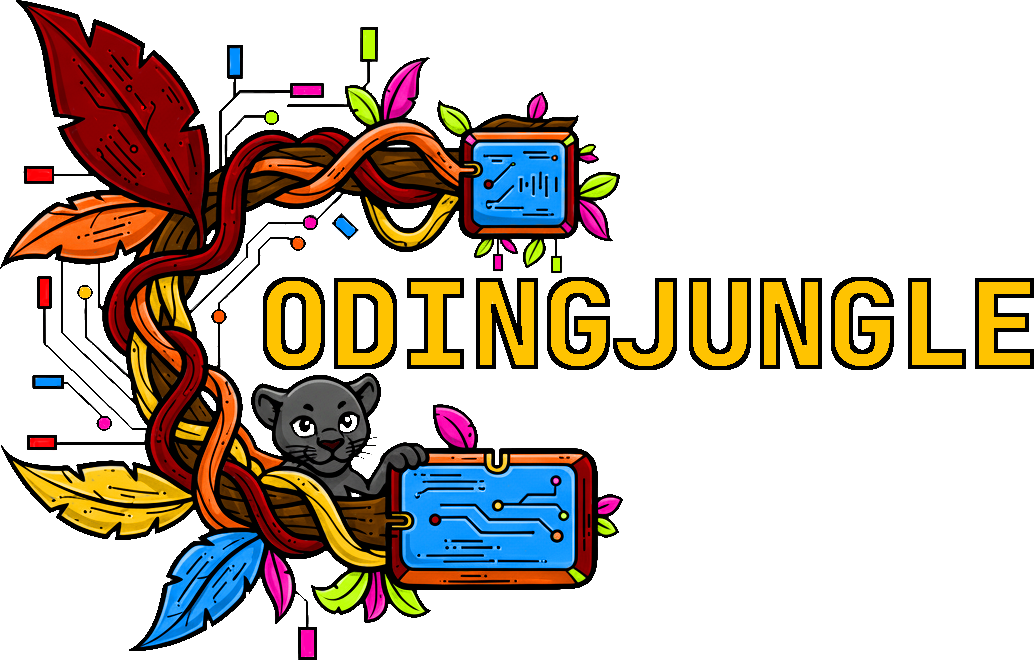

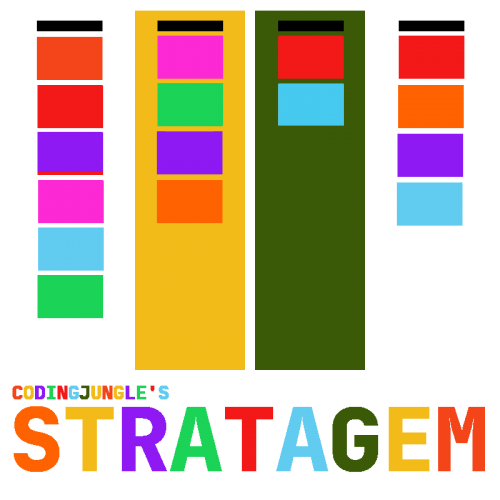
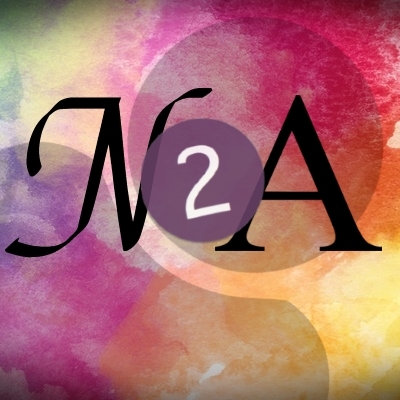
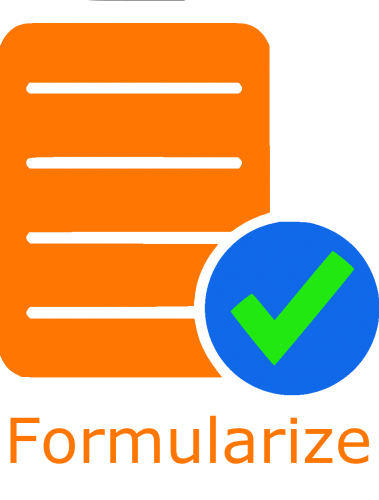
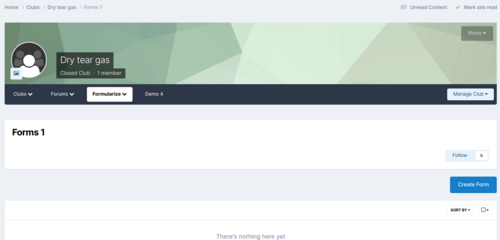
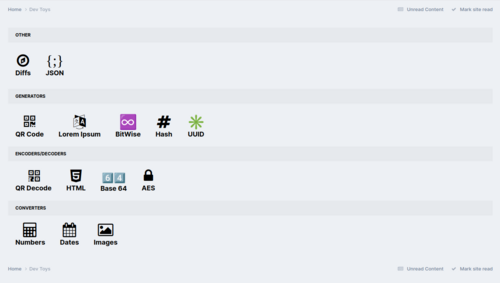
Recommended Comments
There are no comments to display.
Create an account or sign in to comment
You need to be a member in order to leave a comment
Create an account
Sign up for a new account in our community. It's easy!
Register a new accountSign in
Already have an account? Sign in here.
Sign In Now